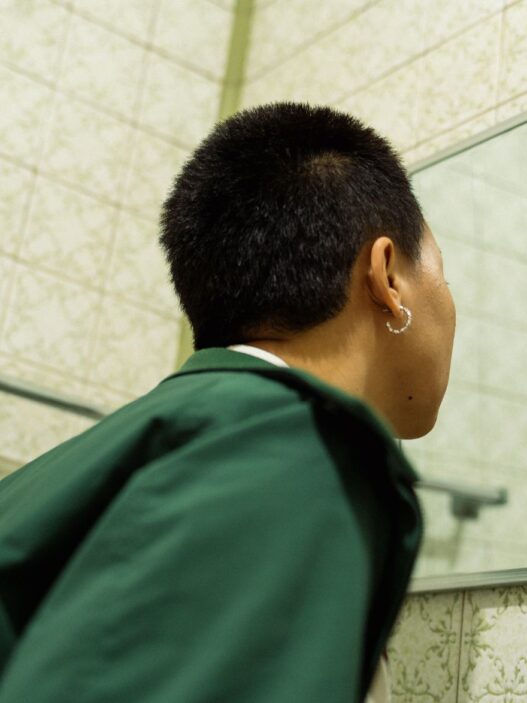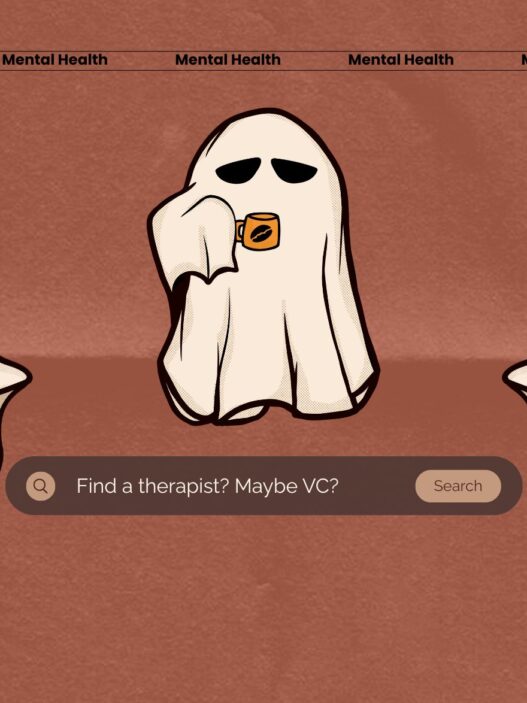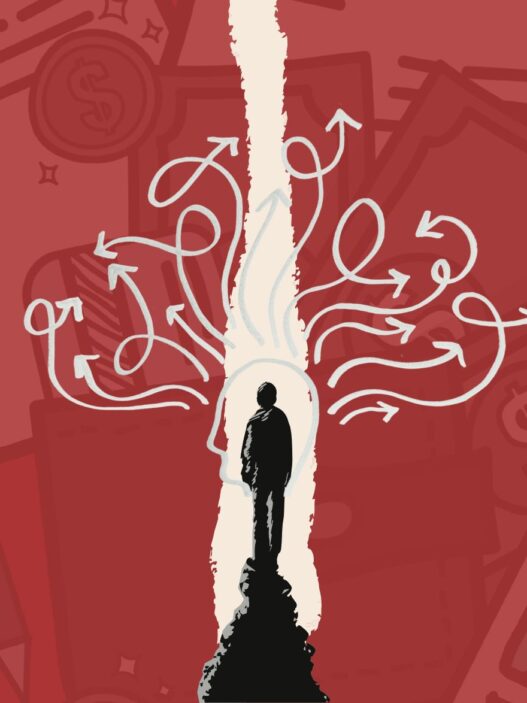If you’ve typed the words “Help, I’m in a secret relationship” into your search bar recently, you’re not alone.
It’s a phrase that’s trending on Google and resonating on TikTok, but it also reveals something deeper:
a quiet epidemic of shame, confusion, and emotional strain.
Secret relationships aren’t just a pop culture trope. They’re a very real experience with very real consequences.
What Is a Secret Relationship?
A secret relationship is one in which one or both partners keep the existence of the relationship hidden from family, friends, or the public.
It might mean avoiding photos, hiding texts, or introducing someone as “just a friend.”
It’s not the same as having healthy boundaries or choosing privacy over performative displays.
The difference lies in intention: secrecy often stems from fear, guilt, or power imbalance.
The Mental and Emotional Toll
Being in a secret relationship can quietly chip away at your self-worth.
You start to question why you’re being hidden and what it says about you.
There’s anxiety every time your partner’s phone buzzes or a friend asks about your weekend.
There’s isolation, too. It’s hard to celebrate a love you can’t talk about.
This secrecy breeds overthinking, self-doubt, and in many cases, shame.
According to mental health professionals, these emotions can mimic or worsen symptoms of depression and anxiety.
Why Do People Stay?
For some, the hope that things will change is stronger than the reality they’re living.
Others have experienced trauma, and hiding feels safer than risking rejection.
In some cases, the power imbalance is so subtle that it takes months, even years to realize.
People also stay because they love the person, even if the relationship hurts.
And in the age of social media, it’s easy to blur the line between what’s private and what’s secret.
When Privacy Becomes a Problem
Privacy in a relationship is healthy. Secrecy is something else entirely.
If you’re constantly being hidden, not acknowledged in public, or kept from the important parts of your partner’s life, you’re not in a private relationship.
You’re in a secret one.
And that secrecy can become emotionally harmful.
It tells you that your presence is something to be ashamed of.
It sends the message that your needs for connection, affirmation, and inclusion don’t matter.
What You Can Do
Start by asking yourself:
- Does this relationship make me feel valued, safe, and seen?
- Have I asked my partner why they want to keep things secret?
- Am I compromising my self-respect just to keep the connection?
If you find yourself constantly shrinking to fit someone else’s comfort, it might be time to step back.
Talk to a therapist. Journal. Lean on people who remind you that love isn’t supposed to feel like a secret mission.
And if you’re the one keeping the relationship a secret—ask yourself what you’re really afraid of.
Because relationships built in the shadows rarely survive the light.
The Bigger Picture
The reason this phrase is trending isn’t just because people are hurting.
It’s because they’re finally naming the hurt.
In an era where vulnerability is currency, “Help, I’m in a secret relationship” is more than a confession, it’s a cry for clarity, connection, and the kind of love that doesn’t require hiding.
If that’s you, you deserve to be loved out loud.























